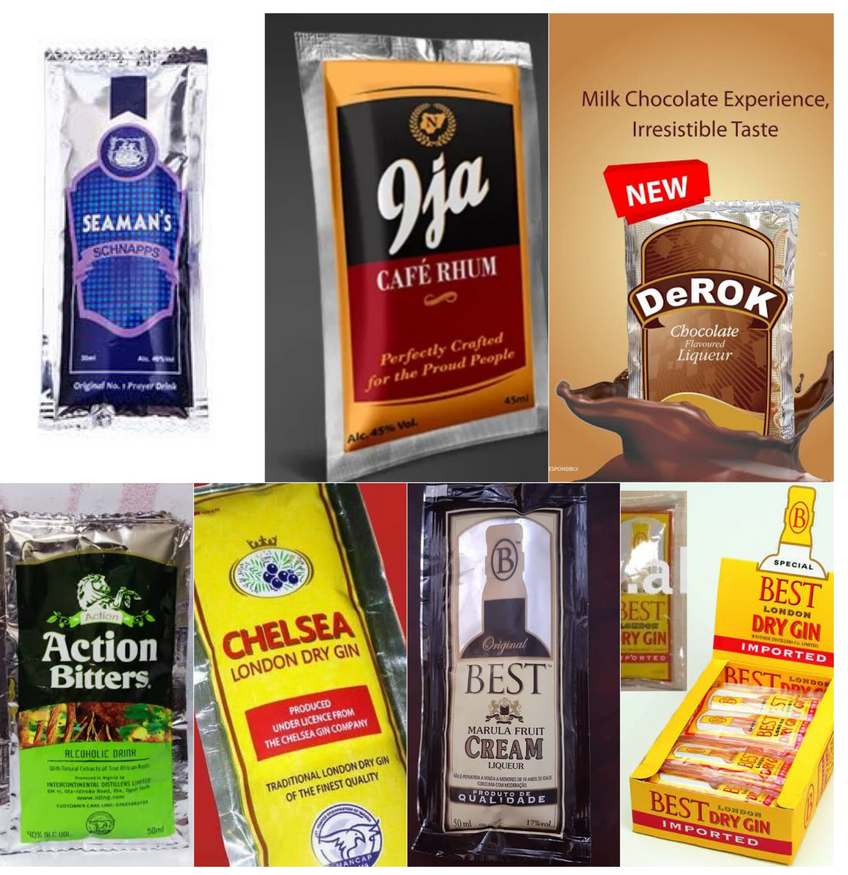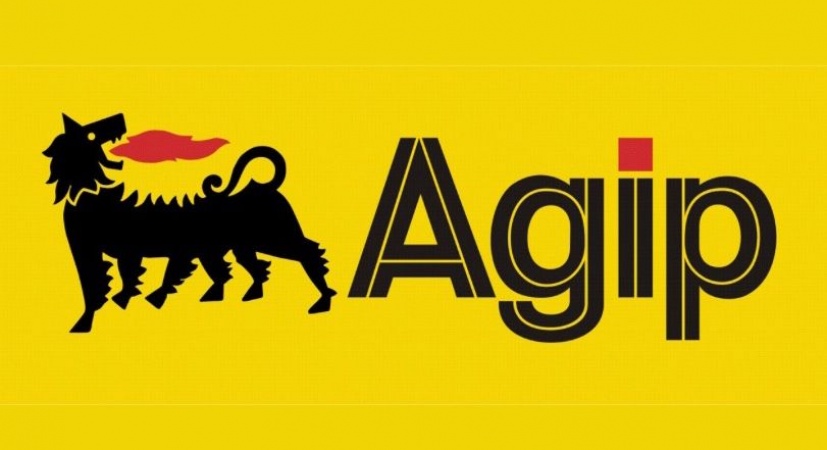The Nigerian Senate has directed the National Agency for Food and Drug Administration and Control (NAFDAC) to fully enforce a nationwide ban on the production and sale of alcoholic drinks packaged in sachets and small plastic bottles by December 2025, warning that no further grace period will be entertained.
The upper chamber took this decisive stance after a heated debate on Thursday, following a motion sponsored by Senator Asuquo Ekpenyong (Cross River South).
Watch Also:MARKETING EDGE ONTV
The senator expressed concern that NAFDAC had continued to extend the phase-out deadline despite the alarming health and social consequences linked to sachet-packaged alcohol.
Lawmakers condemn continued extensions
Leading the argument, Senator Ekpenyong reminded his colleagues that NAFDAC initially scheduled 2023 as the deadline, which was later shifted to 2024 and subsequently to 2025.
He cautioned that granting another extension would not only erode public confidence but also violate Nigeria’s obligations under international public health standards.
According to him, “Packaging alcohol in sachets makes it dangerously accessible, even to children. It fuels addiction, disrupts brain development, and contributes to domestic violence, traffic accidents, and numerous social problems.”
His motion received overwhelming bipartisan support, as lawmakers decried the spread of cheap, high-alcohol-content drinks in sachets, calling them “silent poisons” that target the poor and the young.
Senator Anthony Ani (Ebonyi South) described the products as a growing menace, particularly around schools and markets. “These drinks are cheap, strong, and easy to get. Every extra day without this ban puts more young Nigerians at risk,” he said.
Akpabio calls it a moral duty
Presiding over the plenary, Senate President Godswill Akpabio commended the motion, describing the debate as both “urgent and moral.” He said the Senate would not permit any further delays, stressing that the resolution was about saving lives, not politics.
“Any motion that seeks to protect Nigerians from harm deserves immediate action,” Akpabio stated. “If we fail to act now, more of our youths will continue to suffer. The Senate has decided that, by December 2025, sachet alcohol must become history.”
Background to the phase-out agreement
The Senate recalled that in 2018, the Federal Government signed a five-year Memorandum of Understanding (MoU) with NAFDAC, the Federal Ministry of Health, the Federal Competition and Consumer Protection Commission (FCCPC), and the Association of Food, Beverage & Tobacco Employers to gradually phase out high-alcohol-content drinks in sachets.
The agreement, which ended in 2023, was later extended by one year at the request of industry operators, giving them additional time to adjust production systems and clear existing stock.
However, senators expressed disappointment that some companies were lobbying again for more time, an act they said undermines regulatory authority and endangers public health.
Senator Ekpenyong noted that while some responsible manufacturers had already complied, others continued to flood the market with non-compliant products, creating unfair competition and worsening social harm.
Industry alarm and job loss warnings
Recall that a few years ago, when this same matter came up, the Distillers and Blenders Association of Nigeria and the Manufacturers Association of Nigeria had reacted strongly, warning that a total ban on sachet and sub-200ml alcohol packaging could destabilize the sector.
At the time, the associations argued that such a policy would threaten investments, shrink revenue, and jeopardize employment across the value chain.
Industry estimates from that earlier debate suggested potential losses running into trillions of naira, with millions of direct and indirect jobs at stake.
They projected that losses could reach about N1.2 trillion, warning that several small and medium-sized producers might not survive the transition.
While there has been no official reaction from the associations regarding the Senate’s latest resolution, observers expect the industry to once again express concerns over the economic implications of the ban.
Lawmakers cite constitutional and global obligations
The Senate invoked Section 17(3)(f) of the 1999 Constitution (as amended), which requires the government to protect children and young people from exploitation and moral neglect.
Lawmakers also referenced Nigeria’s alignment with the World Health Organization (WHO) framework on alcohol harm reduction, which discourages the marketing of high-alcohol beverages in small, portable packs that encourage binge drinking and underage consumption.
They noted that sachet alcohol is widely available around schools, bus parks, and markets, often sold to minors for as little as ₦100, making it a dangerous and easily accessible intoxicant.
Senate issues firm directives
Adopting the motion, the Senate directed NAFDAC and the Federal Ministry of Health to ensure the enforcement of the ban without delay and to resist any attempt by industry players to influence another extension.
It also mandated the National Orientation Agency (NOA) to embark on a broad sensitisation campaign, educating citizens, especially young people, on the dangers of consuming high-strength alcoholic sachets.
Additionally, lawmakers urged the Ministry of Health to accelerate the release of the long-awaited National Alcohol Policy, which explicitly restricts the packaging of alcohol in sachets and small bottles.
Broader health and social implications
The motion cited findings that link sachet-packaged alcohol to rising school dropouts, road crashes, domestic violence, and criminal acts driven by intoxication.
Lawmakers warned that delaying the ban further would undermine Nigeria’s credibility as a responsible member of the global community and reverse years of progress in public health policy.
“The time for excuses is over,” says Akpabio
In his closing remarks, Senate President Akpabio praised the lawmakers for taking what he called a “historic and moral stand” to safeguard Nigerians from a dangerous culture of unchecked alcohol consumption.
“This is beyond business,” he said. “It is about protecting our youth, safeguarding families, and preserving the mental and physical wellbeing of our citizens. We cannot allow sachet alcohol to continue destroying lives.”
With this resolution, the Senate has placed NAFDAC and related agencies under a firm legislative directive: by December 2025, all sachet and small-volume alcoholic beverages must disappear from the Nigerian market and this is with no further extensions permitted.
Akpabio concluded: “The Senate has spoken clearly. The era of excuses is over. This harmful practice must end for the health, safety, and sanity of our nation.”






Comment
No comments found.